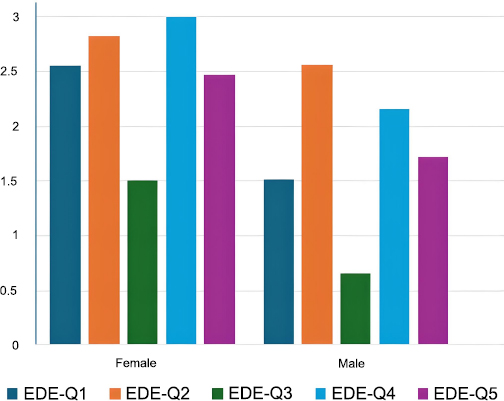The Open Psychology Journal is an open-access journal that publishes research articles, reviews/mini-reviews, case reports, perspectives, letters and guest-edited single-topic issues in all areas of psychology. The journal’s coverage is comprehensive and includes applied psychology; biological psychology; clinical psychology; developmental psychology; experimental psychology (and cognitive neuroscience); educational psychology; mathematical psychology; social psychology; and psychoanalysis.
The Open Psychology Journal, a peer-reviewed journal, is an important and reliable source of current information on developments in the field. Emphasis is placed on publishing quality papers, making them freely available to researchers worldwide.
The Open Psychology Journal is an international, peer-reviewed, open-access journal covering all aspects of psychology published continuously by Bentham Open.





